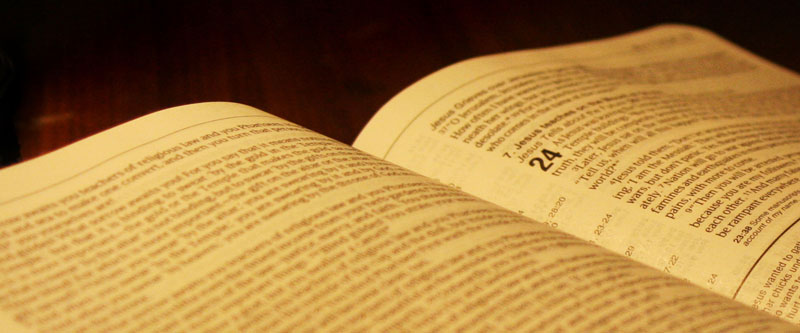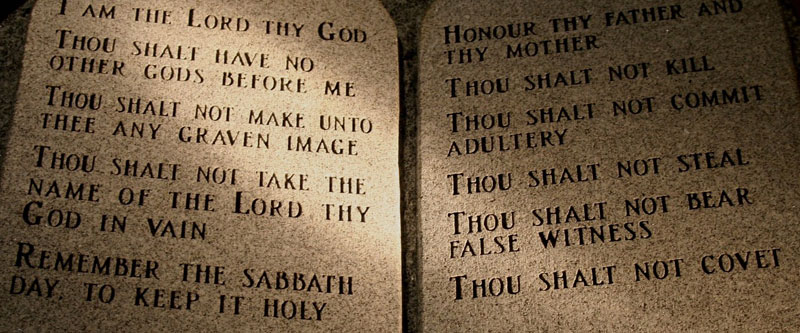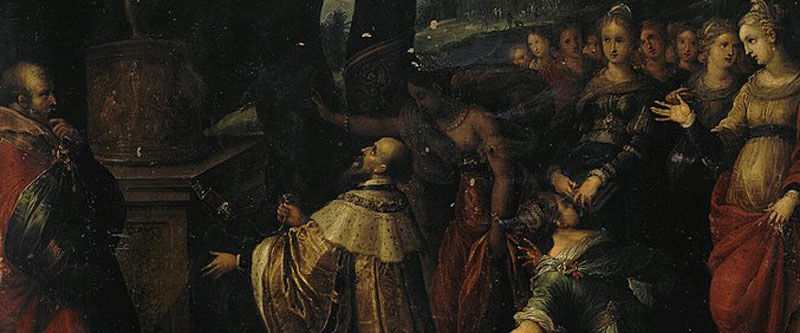In our consideration of the Sabbath seen that the fourth commandment is part of the moral law given by God. These laws reflect the very character of God and turning against them is to turn against God. This moral law is summarized in the Ten Commandments (Cf. Deut. 4:13). Since the Sabbath is part of the Decalogue, this commandment is also binding for today. For the sake of time, I am assuming the arguments for the transfer of the Old Testament Sabbath from the seventh day to the Christian Sabbath, or Lord’s Day, on the first day of the week. I do that so we can take time to understand the purpose for God giving the fourth commandment instead.
There are three main reasons why God gives us the Sabbath:
First, Exodus 20:8-11 teaches us that God gives us the Sabbath so we might imitate his rest after he had finished his creative work. Each week again, we remember God’s rest and imitate him. Our rest draws us back to the six days of creation when God made all things. He is the creator of all things and therefore is Lord of all things. Nothing in this world falls outside the realm of God’s sovereign power. Considering this truth helps us to remember our obligation to him.
Second, Deuteronomy 5:12-15 teaches us to remember something else: the Exodus. There Moses says Israel is to obey the Sabbath because God led them out of Egypt. In the New Testament economy we have a similar exodus experience. It does not involve sand, tents and Jericho, yet the exodus is just as significant. By God’s grace, we are led out of our bondage to sin to the blessed hope of eternal redemption. We are led out of the kingdom of darkness into the kingdom of light (Cf. Col. 1:13). On the Sabbath we are called to remember our redemption.
Third, because of our propensity to be satisfied with hollow, outward obedience, God also directs our motives for the day. In Isaiah 58:13-14, we are told we ought not delight in our own pleasure but instead delight in the Lord. The function of Sabbath is, in fact, to help us turn from our normal orientation toward the Lord. We know from Romans 12:1-2 that all of life is worship to God, but in a special way, God sets aside the Sabbath for the purpose of worship: a special day for delighting in the Lord.
The Sabbath, then, functions as that weekly reminder of our eternal obligation to the Lord because we are his creatures, his gracious redemption of our souls from Satan’s kingdom and the worship we should give him on this special holy day. So what happens when we neglect the Sabbath? We eliminate the God-given reminder of who we are to live for. Instead of that weekly, central reminder that God is the author of all time, God becomes one of the choices we may make when it comes to using our time. We will work when we want, play when we want, travel when we want, sing when we want, and worship when we want, if at all. Skeptical? Just look around and ask yourself whether the church has flourished or faltered since she turned her back on the Sabbath.





